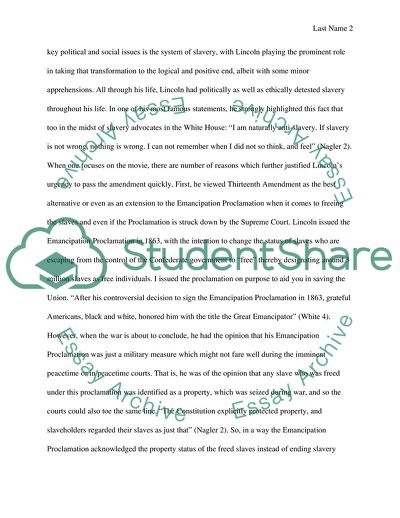Cite this document
(Steven Spielberg about the Life of Lincoln Movie Review, n.d.)
Steven Spielberg about the Life of Lincoln Movie Review. Retrieved from https://studentshare.org/biographies/1872309-steven-spielbergs-lincoln
Steven Spielberg about the Life of Lincoln Movie Review. Retrieved from https://studentshare.org/biographies/1872309-steven-spielbergs-lincoln
(Steven Spielberg about the Life of Lincoln Movie Review)
Steven Spielberg about the Life of Lincoln Movie Review. https://studentshare.org/biographies/1872309-steven-spielbergs-lincoln.
Steven Spielberg about the Life of Lincoln Movie Review. https://studentshare.org/biographies/1872309-steven-spielbergs-lincoln.
“Steven Spielberg about the Life of Lincoln Movie Review”. https://studentshare.org/biographies/1872309-steven-spielbergs-lincoln.


